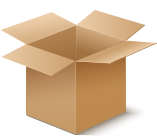World Environment Day: a common commitment for our Planet
Today, June 5th, is World Environment Day, an important occasion to reflect on the impact our daily actions have on the planet and to strengthen our commitment to a more sustainable future.
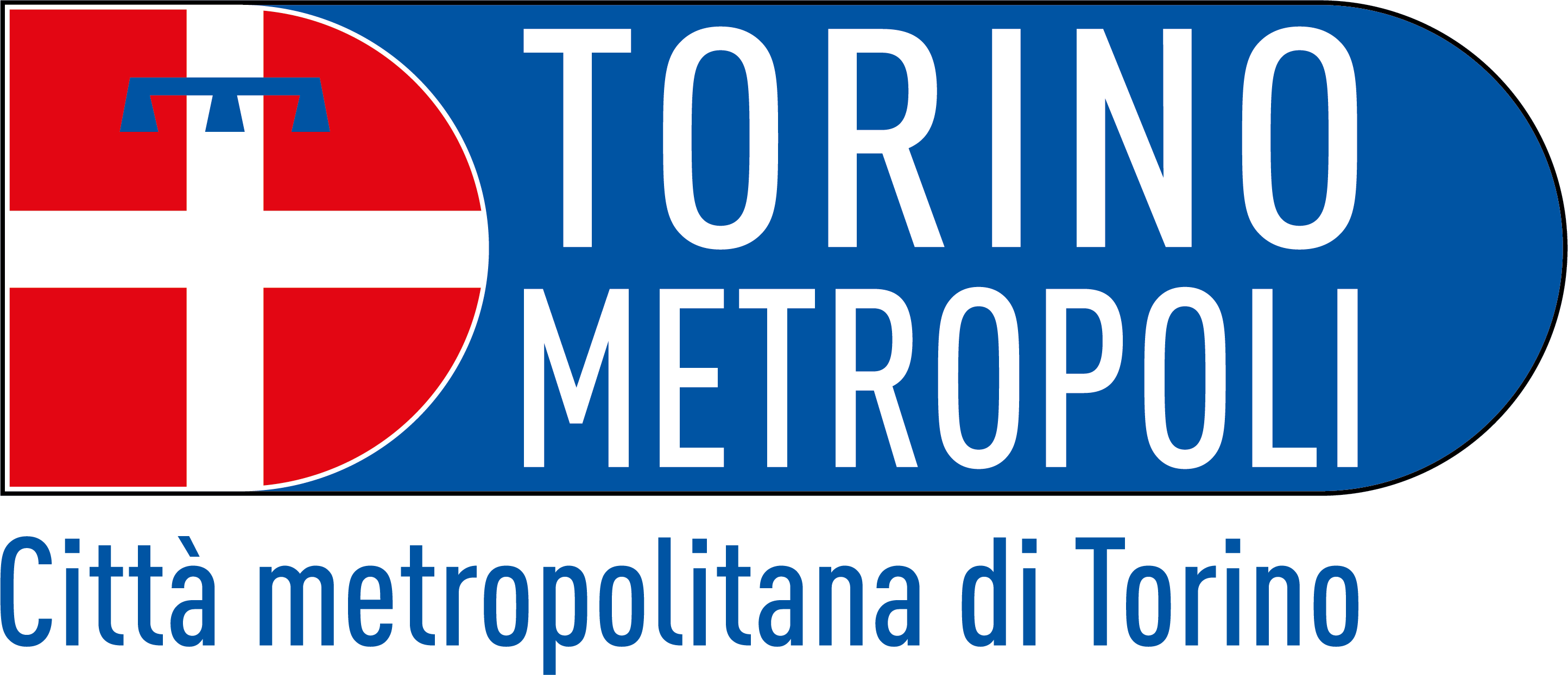
Today, June 5th, is World Environment Day, an important occasion to reflect on the impact our daily actions have on the planet and to strengthen our commitment to a more sustainable future.
In recent years, artificial intelligence (AI) has revolutionised many sectors, including waste management.
The European Week for Waste Reduction (EWWR) recently concluded its 2024 edition, highlighting the importance of environmental sustainability and waste reduction practices. This year, the central theme is food waste, an issue that was already addressed in 2014, but which is now recurring with increasing urgency. Every year, tonnes of food are thrown away, wasting precious resources and causing significant environmental and socio-economic impact.
The European Union has recently approved the new Regulation (EU) 2025/40 on packaging and packaging waste, with the aim of reducing environmental impact and promoting a more sustainable model of production and consumption. The new regulations will bring about significant changes for both businesses and citizens by incentivising recycling, reuse and waste reduction.
On 22 January, Regulation (EU) 2025/40, which will officially enter into force on 11 February 2025, was published in the Official Journal of the European Union. Its application, however, is scheduled for August 2026, after a transitional period of 18 months.
In recent years, we have witnessed a radical change in consumer habits, prompting them to replace an item of clothing as soon as it no longer seems to be on trend or in line with the fashion of the moment.
In 2022, 175 countries gathered in Nairobi, Kenya, with a promise to adopt an agreement aimed at reducing plastic use. Two years later, the commitment made has not materialised. In fact, at the last session of negotiations held in Busan, South Korea between 24 November and 1 December, it emerged how difficult it still is to assert environmental urgency over widespread economic interests, raising concerns among scientists, environmentalists and citizens.
From 16 to 24 November, the European Week for Waste Reduction (SERR) will take place, an initiative of European relevance held every year with different themes, aimed at adopting actions and strategies addressing waste prevention and environmental sustainability. This edition will target food waste, with a focus on the entire food chain, from production to distribution and consumption at home.
It is currently taking place the 27th edition of
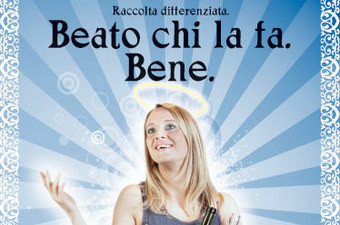
Yes, because making the collection in the correct way makes us all "blessed"! Our site, born in 2012, has been completely updated to help you more and more: start surfing!
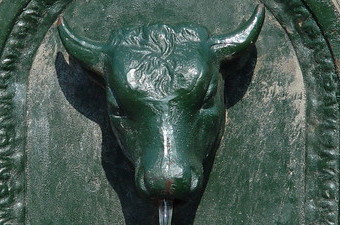
The complete elimination of waste is not possible, but it is essential to reduce the production and encourage the reuse of objects. You too can do your part, find out how!
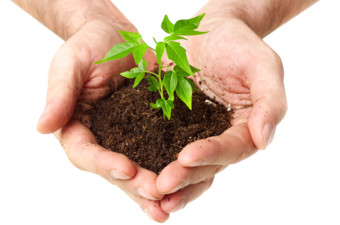
The waste coming from a careful differentiated collection is sent for recycling to obtain new products and materials or for recovery. Find out more!
